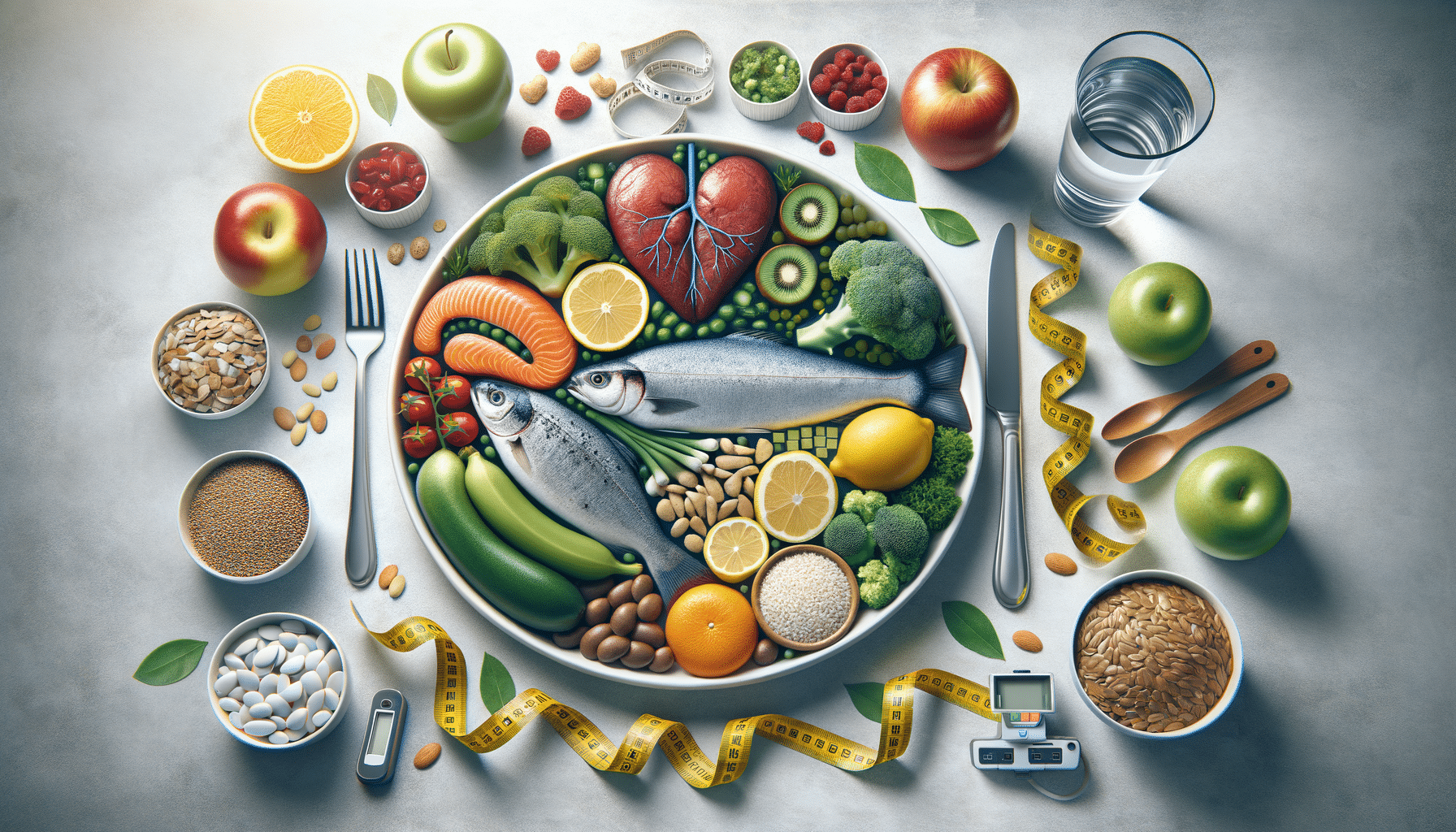
Comprehensive Guide to Kidney-Friendly Eating: Your Path to Improved Renal Health
The Importance of Kidney Health
Kidneys play a crucial role in your body’s overall health by filtering waste and excess fluids from the blood, maintaining electrolyte balance, and regulating blood pressure. When kidneys are not functioning optimally, it can lead to a range of health issues, including chronic kidney disease (CKD), which affects millions worldwide. Understanding the role of diet in maintaining kidney health is essential for preventing and managing kidney-related conditions.
One of the primary functions of the kidneys is to filter out waste products and excess substances from the bloodstream. This includes the regulation of sodium, potassium, and phosphorus levels, which can be influenced by dietary intake. A poor diet can lead to an overload of these substances, putting additional strain on the kidneys. Therefore, making informed dietary choices is vital for supporting kidney function.
For individuals with kidney disease, dietary adjustments can slow the progression of the condition and improve quality of life. By understanding which foods to include and avoid, patients can take proactive steps towards better kidney health. This article explores various dietary strategies to support kidney function and provides practical tips for incorporating them into daily life.
Understanding Nutrients and Their Impact on Kidney Health
When considering dietary adjustments for kidney health, it’s important to focus on specific nutrients that can either support or hinder kidney function. Sodium, potassium, and phosphorus are three key nutrients that require careful management for individuals with kidney concerns.
Excessive sodium intake can lead to high blood pressure, which is a significant risk factor for kidney disease. To manage sodium levels, it’s advisable to limit processed foods, salty snacks, and certain condiments. Instead, opt for fresh ingredients and use herbs and spices to enhance flavor without added salt.
Potassium is another nutrient that requires attention. While it’s essential for muscle function and heart health, too much potassium can be harmful to those with impaired kidney function. Foods high in potassium, such as bananas, oranges, and potatoes, should be consumed in moderation. Consulting with a healthcare provider can help tailor a diet that balances potassium intake appropriately.
Phosphorus is found in many protein-rich foods and is crucial for bone health. However, high phosphorus levels can be detrimental to kidney health. Processed foods often contain added phosphorus, so reading labels and choosing fresh, whole foods can help manage phosphorus intake effectively.
Building a Kidney-Friendly Diet
Creating a kidney-friendly diet involves incorporating foods that support kidney function while avoiding those that can cause harm. A balanced diet rich in fruits, vegetables, whole grains, and lean proteins is ideal for maintaining overall health and supporting kidney function.
Fruits and vegetables are excellent choices, but it’s important to select those lower in potassium and phosphorus. Berries, apples, and cauliflower are great options for a kidney-friendly diet. Whole grains, such as brown rice and quinoa, provide essential nutrients and fiber without overloading the kidneys.
When it comes to protein, opt for lean sources like chicken, fish, and eggs. These provide necessary nutrients without excessive phosphorus. Plant-based proteins, such as beans and lentils, are also beneficial but should be consumed in moderation due to their phosphorus content.
Hydration is another critical aspect of a kidney-friendly diet. Drinking adequate water helps the kidneys flush out toxins and maintain balance. However, individuals with advanced kidney disease may need to monitor fluid intake closely to avoid overloading the kidneys.
Practical Tips for Implementing Dietary Changes
Adopting a kidney-friendly diet may seem daunting, but with some practical tips and strategies, it can become a manageable part of daily life. Start by planning meals ahead of time to ensure they align with dietary goals. Creating a weekly menu and shopping list can help keep you on track and reduce the temptation to opt for unhealthy options.
Cooking at home is a great way to control ingredients and portion sizes. Experiment with different herbs and spices to add flavor without salt. When dining out, don’t hesitate to ask for modifications to suit your dietary needs, such as requesting sauces on the side or choosing grilled options over fried.
Reading food labels is essential for identifying hidden sources of sodium, potassium, and phosphorus. Pay attention to serving sizes and ingredient lists, and choose products with lower levels of these nutrients. Gradually replacing processed foods with fresh, whole foods can make a significant difference in kidney health.
Support from healthcare professionals, such as dietitians or nutritionists, can be invaluable. They can provide personalized advice and guidance based on individual health needs and preferences. Regular check-ins can help monitor progress and make necessary adjustments to the diet plan.
Conclusion: Embracing a Kidney-Friendly Lifestyle
Incorporating dietary adjustments for kidney health is a proactive step towards managing kidney disease and enhancing overall well-being. By understanding the impact of nutrients like sodium, potassium, and phosphorus, individuals can make informed choices that support kidney function.
Building a kidney-friendly diet involves selecting foods that promote health while avoiding those that can cause harm. With practical tips and guidance from healthcare professionals, implementing these changes can become a sustainable part of daily life.
Ultimately, embracing a kidney-friendly lifestyle not only benefits kidney health but also contributes to improved energy levels, better blood pressure control, and a higher quality of life. By taking charge of your diet, you can pave the way for a healthier future.

